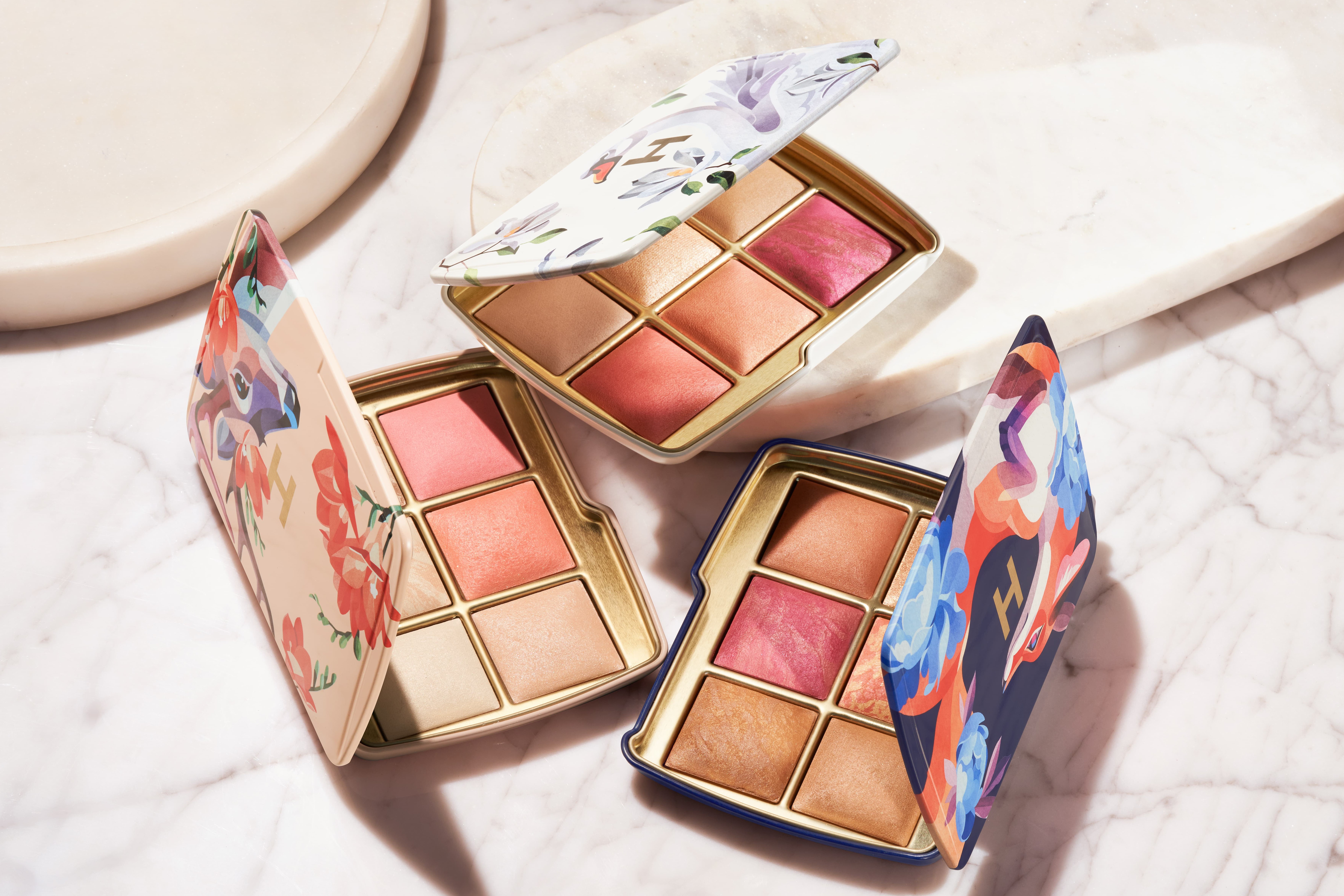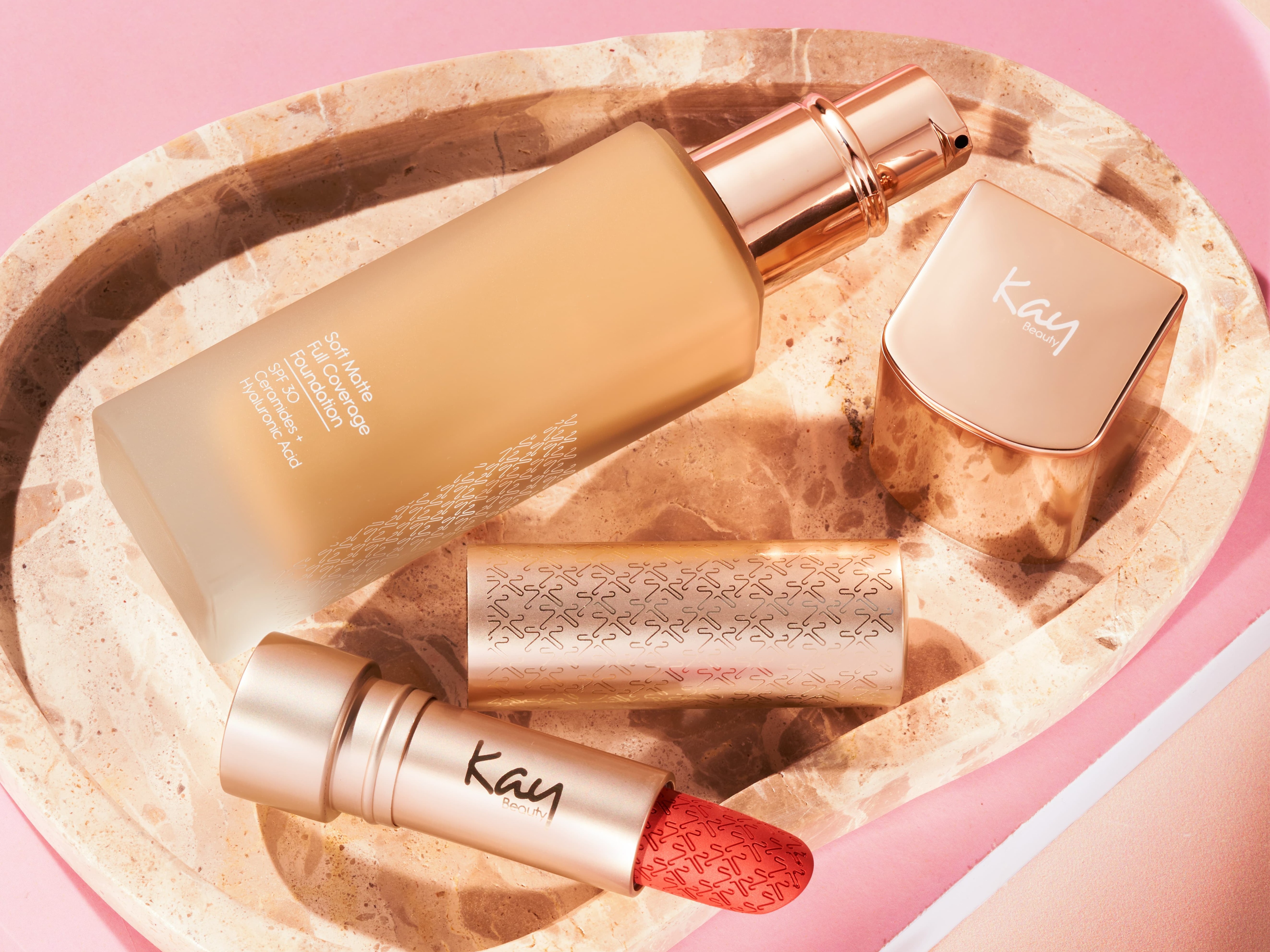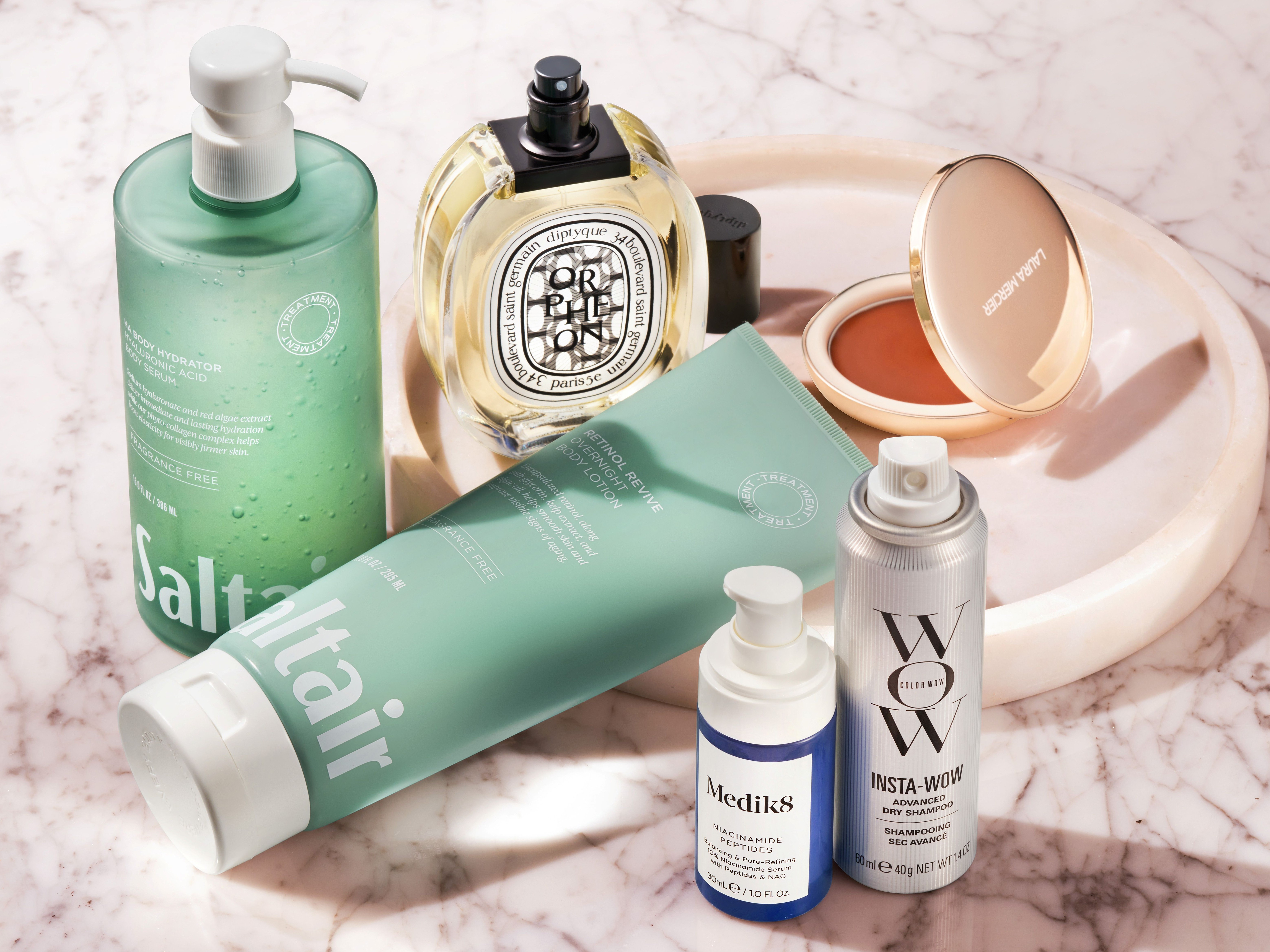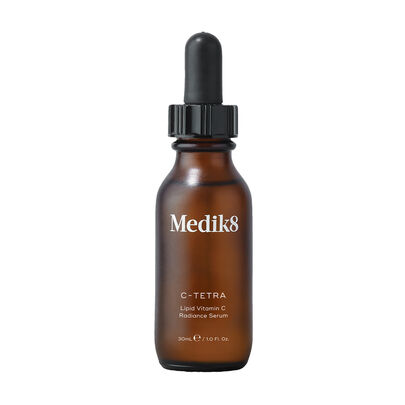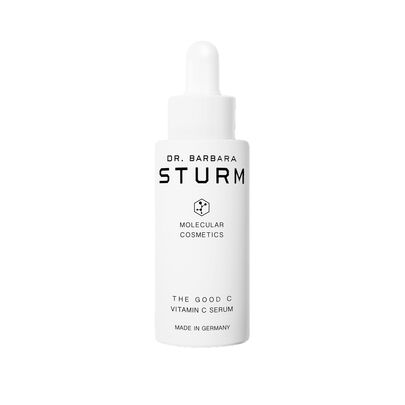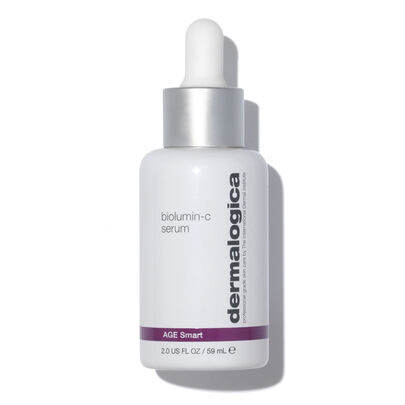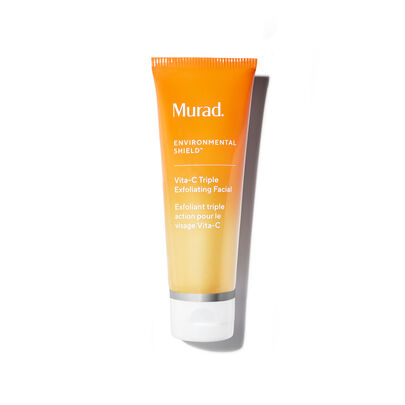The Vitamin C Heroes For Acne-Prone Skin
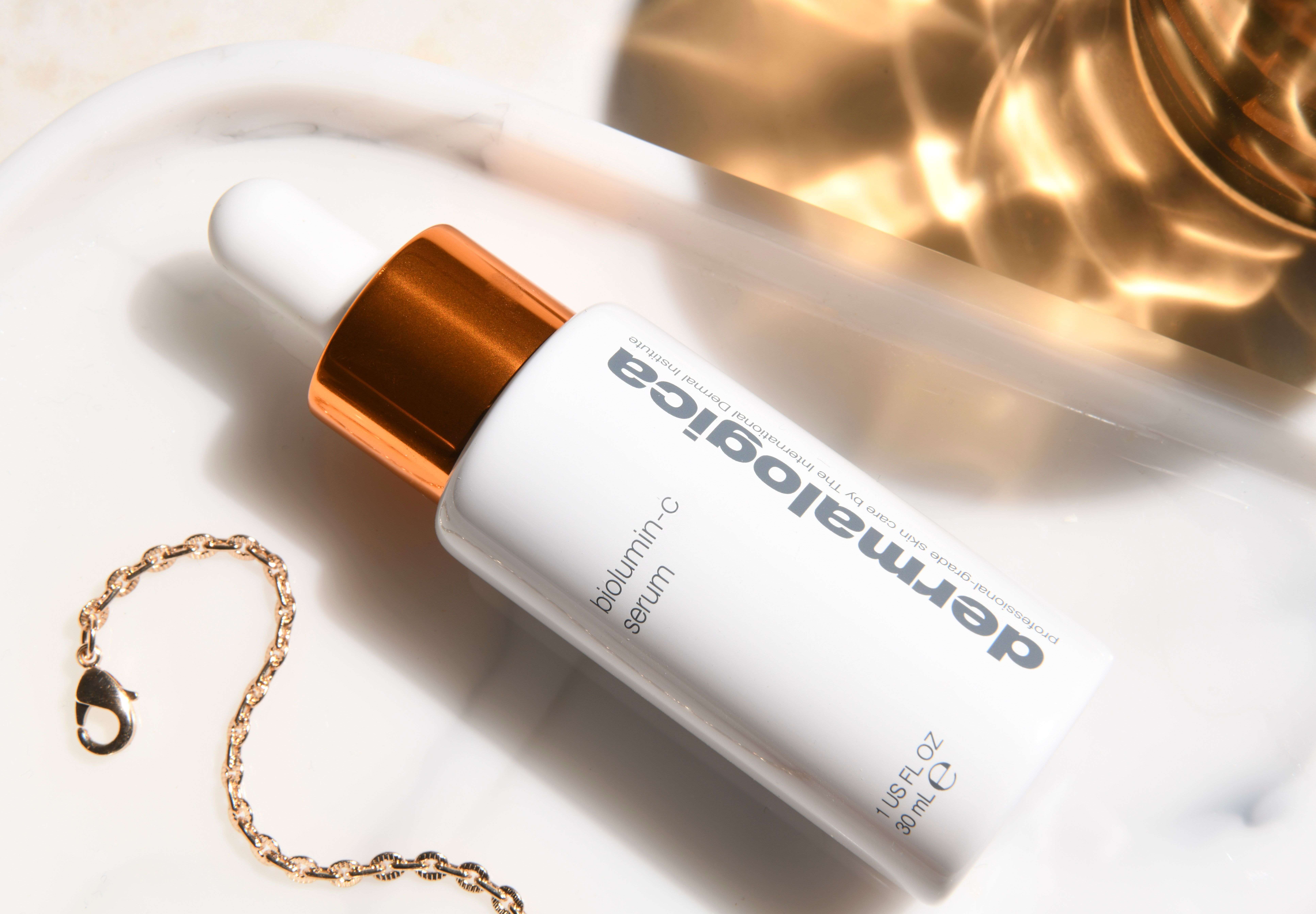
Is Vitamin C Good For Acne-Prone Skin?
“Vitamin C is one of the most potent topical antioxidants we can use and generally speaking, it’s great for all skin types to help brighten, firm and defend,” says Victoria Evans, Dermalogica’s education manager. “When it comes to acne-prone skin, vitamin C can be a great option to help fade post-breakout marks and even out your skin tone.”
How Should I Use Vitamin C In My Routine?
“Vitamin C serums are suitable for use both morning and night and they work well layered under your SPF to boost your skin’s defence from damaging UV rays and pollution during the day,” says Victoria. When adding vitamin C into your existing routine, it’s worth taking a look at what you’re already using. “Avoid layering actives and acids as this can overload your skin and trigger further irritation,” warns Victoria. “If you’re using ingredients such as salicylic acid salicylic acid or retinol, I’d recommend using one in the morning and one at night.”
If you’re not using any other actives as part of your nightly routine, a few drops of a vitamin C serum into your usual moisturiser can work wonders for repairing and regenerating your skin as you sleep.
What Are The Best Vitamin C Products For Acne-Prone Skin?
There are plenty of different types of vitamin C products acne-prone skin can use, from serums and toners to moisturisers, masks and even cleansers. It’s all about trial and error and finding a formula which best suits your skin. The best starting point is a lightweight serum like . It’s been formulated with ultra-stable vitamin C, so that it suits even the most sensitive of skin. It helps to fade scars, even out your overall skin tone and keep skin protected from free radicals.
If your skin can’t tolerate the potency of serums, look for a moisturiser instead. We love as the gel-cream consistency absorbs without any residue whilst also hydrating and brightening.
For those who prefer a mask, the NEW Murad Vita-C Exfoliating Facial, € 95,00 uses a blend of glycolic, lactic and salicylic acids alongside vitamin C to help unclog and purify your pores while also giving a radiance boost.
Can Vitamin C Cause Acne?
If you have active breakouts, your skin is likely to be red and quite sensitive. “Those with redness or irritation, should be slightly cautious of vitamin C that is formulated with high percentages of L-ascorbic acid (pure vitamin C) and those at a lower pH than the skin (pH 4-6),” says Victoria. “Pure vitamin C can be irritating for some skin types, but thankfully there are plenty of formulas with stable vitamin C (such as aminopropyl ascorbyl phosphate) which are less aggravating.”
One other thing that’s worth noting is to be wary of the colour of your vitamin C product. “Those which turn brown or develop an unusual smell is a sign that your vitamin C is oxidizing, so you won’t be getting the benefits you’re expecting.”


